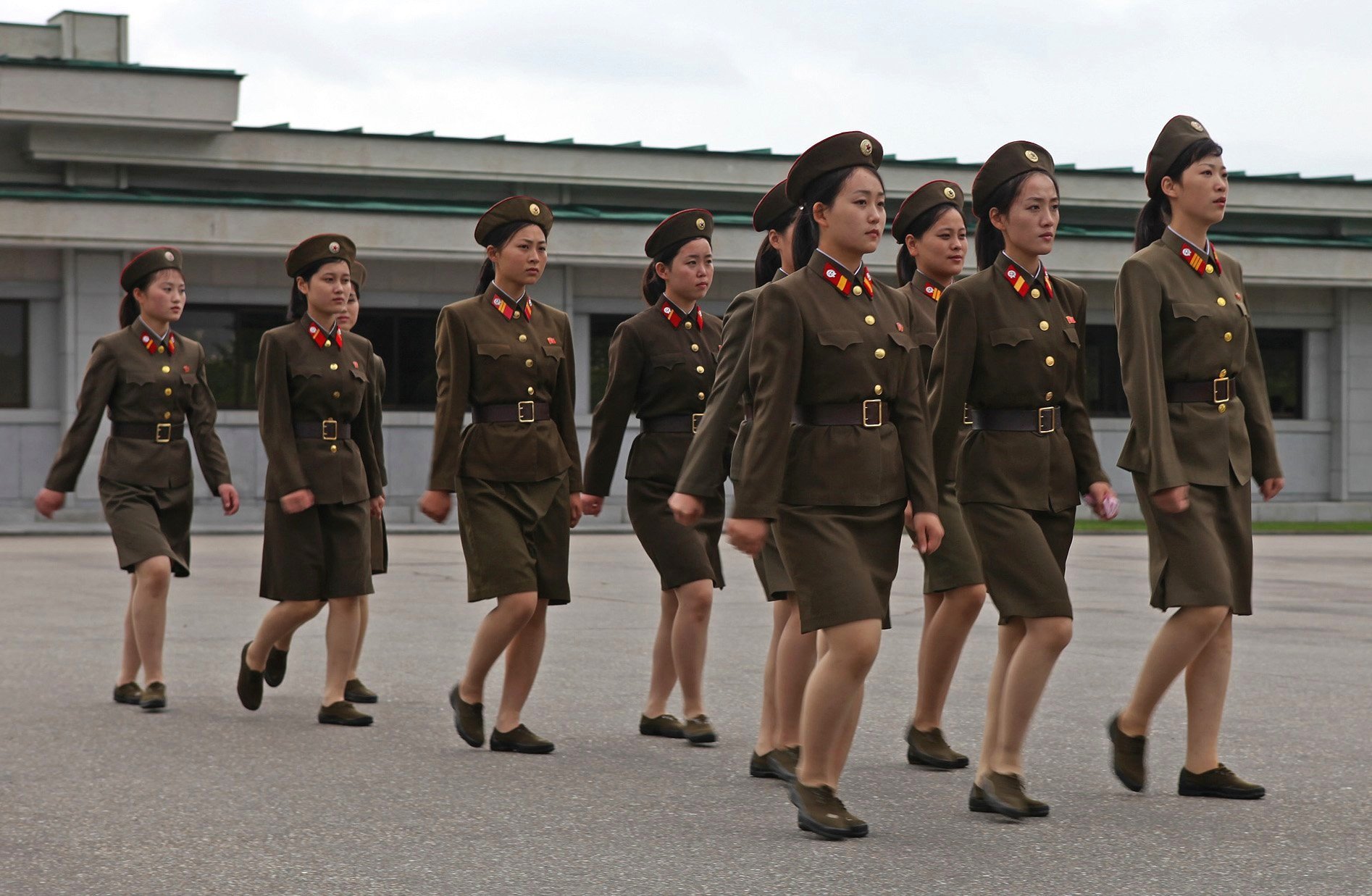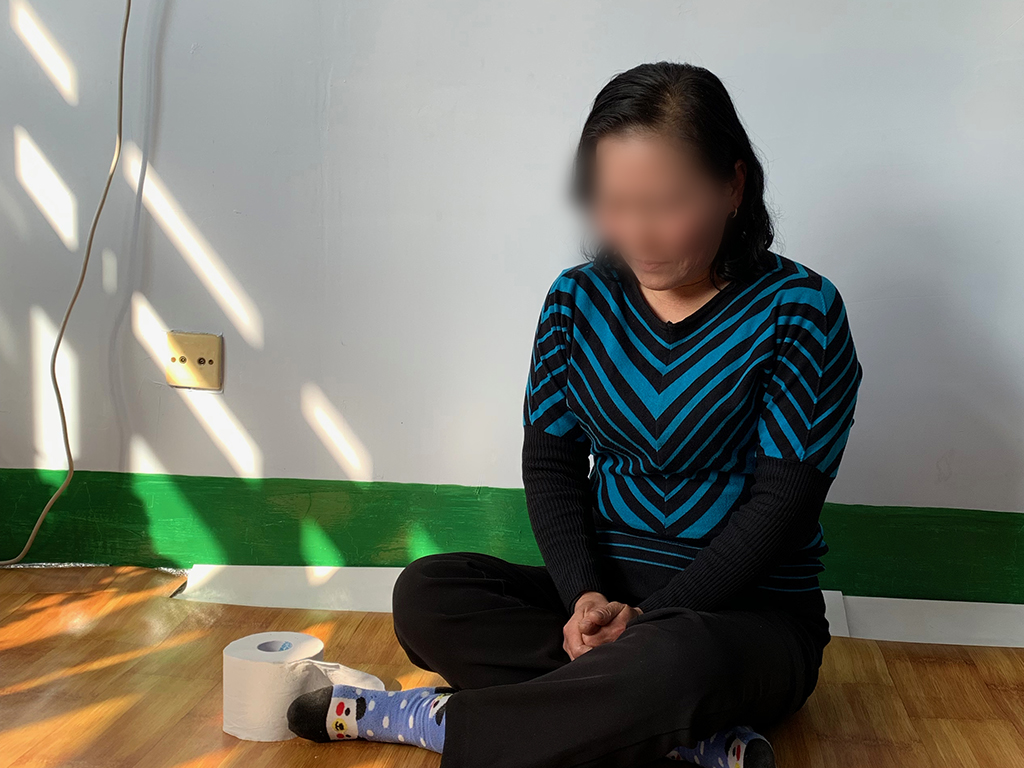Jackie, an Elim House resident, recently shared with our staff the story of her first love, a man she dated for two years in North Korea. They were coworkers, but there was a significant difference in their social standing as he came from a family of Zainichi Koreans (former long-term residents of Japan who returned to North Korea).
For two years, their relationship blossomed. He would visit Jackie's home and established good rapport with her family. However, one day, his mother came to see Jackie's mother and stated that marriage was out of the question because their family's financial situation and social status were not a match.
Seeing her own mother cry with frustration, Jackie felt her pride deeply wounded by the humiliation his mother had inflicted. In the wake of this, she broke up with him and refused to see him again. The heartbreak took a severe toll on her; she was unable to go to work for three months, suffering from what she described as lovesickness. The emotional pain was so intense that she said it caused her to lose two of her permanent molars.
There's a Korean saying that if the first person from a broken-up couple gets married first, that person will live well. In an effort to forget him, Jackie went on a blind date and was married within 20 days.
After her marriage and the birth of her child, the "Arduous March" (the North Korean famine) began, and she started a business to survive. One day, at the “jangmadang” market grounds, she unexpectedly ran into her first love. She was so ashamed of her circumstances that she couldn't even lift her head.
He had also recently married. Knowing that Jackie was doing business in the market, he started visiting twice a week to buy things from her. When the North Korean authorities came to crack down on the marketplace vendors, he would help her quickly pack up her things and flee. In a time of national hardship, he even gathered money to give to her.
Until that point, he had never known the real reason for their breakup. It was only then that Jackie confessed she had decided to end things because of his mother’s decisive words.
One day, overwhelmed by the harsh treatment from her mother-in-law and the neglect of her husband, Jackie ran out of her house with her child on her back. Without realizing it, she found herself walking toward the neighborhood where her first love lived.
To this day, whenever she is going through a difficult time, she misses him. She says that if they could meet again now, and if they were both free of their respective burdens, she would want to live with him.
Jackie’s life has been marked by profound loss—not only of her first love, but also of her children. She carries the sorrow of a son who drowned tragically and the ever-present ache of missing the daughter she had to leave behind in North Korea.
Hearing a story like Jackie’s reminds us of a fundamental truth: that beneath the headlines of Kim Jong-un’s wild antics are individuals who hope, love, and hurt just as we do. The brutality of a famine and the confines of an oppressive state could not erase the universal experiences of a first love's heartbreak or a mother's grief. Jackie’s story is not just one of survival; it is a powerful testament to the enduring human heart, which continues to love and long for connection against all odds.
Jackie has shed many tears during Sunday services at Elim House, through which we pray God is doing the work of surfacing and healing her layered grief and sadness.












